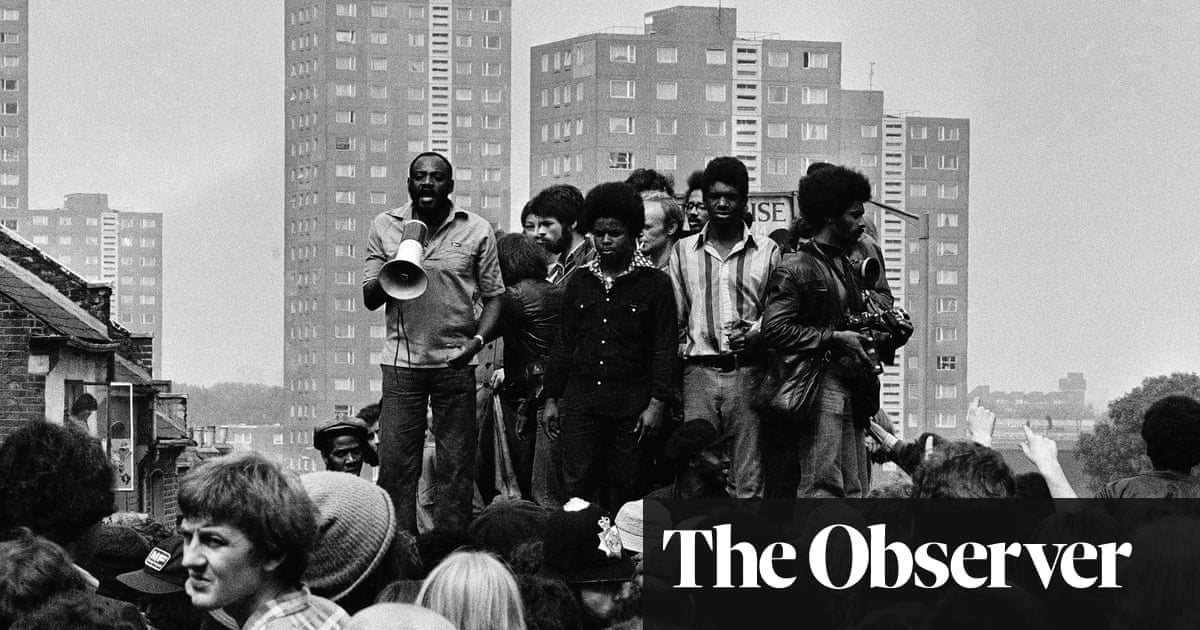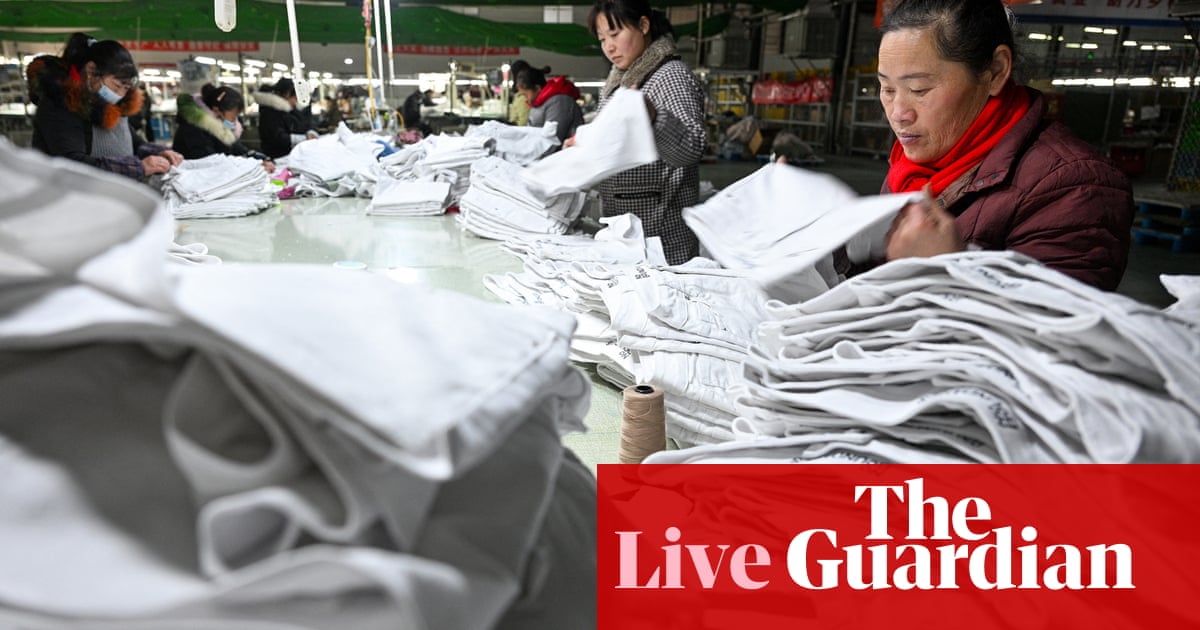Councils may be forced to send more rubbish to landfill or export it overseas because of a new pollution tax set to be imposed on the UK’s network of waste incinerators.
There are already more than 60 energy-from-waste incinerators across the UK and the Observer revealed in December that as many as 40 new plants are in the pipeline. Many local councils have supported the policy of burning waste, which is cheaper than sending it to landfill.
But the government is now set to impose pollution charges on the sector under the UK emissions trading scheme (ETS). The cost to councils could be more than £1bn a year.
A significant chunk of the waste that many householders carefully sort for recycling ends up being burned.
Councils now face the prospect of millions of pounds of pollution charges for burning waste. The energy-from-waste incinerators have been described as the dirtiest way the UK now generates power, with campaigners warning that plants in England emit about 12m tonnes of carbon dioxide a year.
England is already burning about half its waste. Environmental groups say councils should focus on encouraging more recycling and a “circular economy”.
Shlomo Dowen, from the UK Without Incineration Network, said the UK’s network of incinerators had undermined recycling efforts and contributed to carbon emissions.
He said: “Operators have been given a free ride for far too long on damage caused to the climate by waste incineration.” He said too many councils had entered into contracts with the operators of incinerators that were “bad for the environment and bad for council tax payers”. He said new fiscal measures should also be brought in to ensure higher rates of recycling.

Under the proposals to extend the ETS to incinerators, there will be a reporting and verification period from 2026, with the scheme due to start in 2028. The government consulted on the extended scheme in the summer and has made clear it will go ahead.
A response to the government proposals by waste and bioenergy experts Tolvik Consulting warns new waste incineration fees under the scheme “will exceed the cost of landfill and probably the cost of exports” – it would cost in the range of £135 to £193 a tonne to burn rubbish, compared with £146 to £156 a tonne to send it to landfill, or £111 to £124 a tonne to send it overseas. Tolvik’s response warns of a “significant risk” that more waste would be sent to landfill in England or exported for burning in European plants, with increased road and sea transport emissions. It proposes a ban on sending any waste to landfill that is biodegradable or combustible in an energy plant.
Chris Jonas at Tolvik Consulting said: “Real care is needed to ensure the incentives for reducing emissions do not lead to worse environmental outcomes, such as more residual waste being sent to landfill sites or an increase in illegal disposal activity. If this happens, then a well-intended policy will have failed very badly indeed.”
Councils have already warned the new tax could load billions of pounds of extra costs on local authorities. The Local Government Association said in September that costs faced by councils could rise to £1.1bn a year by 2036. The operators of the incinerators will pay the new tax, but will recoup the costs from additional fees for burning rubbish, which will fall on the councils.
after newsletter promotion
Ministers have said that too much waste is burned or sent to landfill, with recycling rates stalled in England. The government published a note in December on waste infrastructure and stated it would only back new projects if they met strict local and environmental conditions.
A government spokesperson said: “We are reducing waste by moving to a circular economy and will pursue near elimination of biodegradable waste from landfill to support net zero, by ‘turning off the tap’ of future methane emissions.
“Expanding the UK emissions trading scheme to include energy from waste facilities will cut emissions and drive investment in cleaner supply chains. We continue to engage with industry on the details of this scheme, including how costs will be passed through to reflect emissions reductions and recycling efforts, and will provide further updates in due course.”
The Environmental Services Association, the trade association for the recycling and waste treatment sector, said it supported the new charges to help the industry reach net zero. It said the new charges should be accompanied by a ban on biodegradable waste to landfill and a “carbon border adjustment mechanism” to ensure the waste will not be sent overseas.

.png) 5 hours ago
1
5 hours ago
1













































